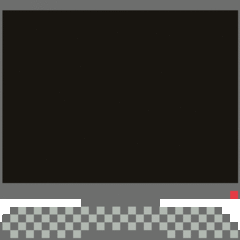Do HDD suddenly become unallocated ?
-
Topics
-
0
-
Abdiel72 ·
Posted in Troubleshooting4 -
Goku1814 ·
Posted in Graphics Cards3 -
jetrock888 ·
Posted in LMG Sponsor Discussion3 -
1
-
2
-
minato ·
Posted in New Builds and Planning1 -
9
-
ShadowChaser ·
Posted in New Builds and Planning0 -
0
-
-
play_circle_filled

Latest From ShortCircuit:
The World's Fastest CPU (Technically...) - Intel i9-14900KS


















Create an account or sign in to comment
You need to be a member in order to leave a comment
Create an account
Sign up for a new account in our community. It's easy!
Register a new accountSign in
Already have an account? Sign in here.
Sign In Now